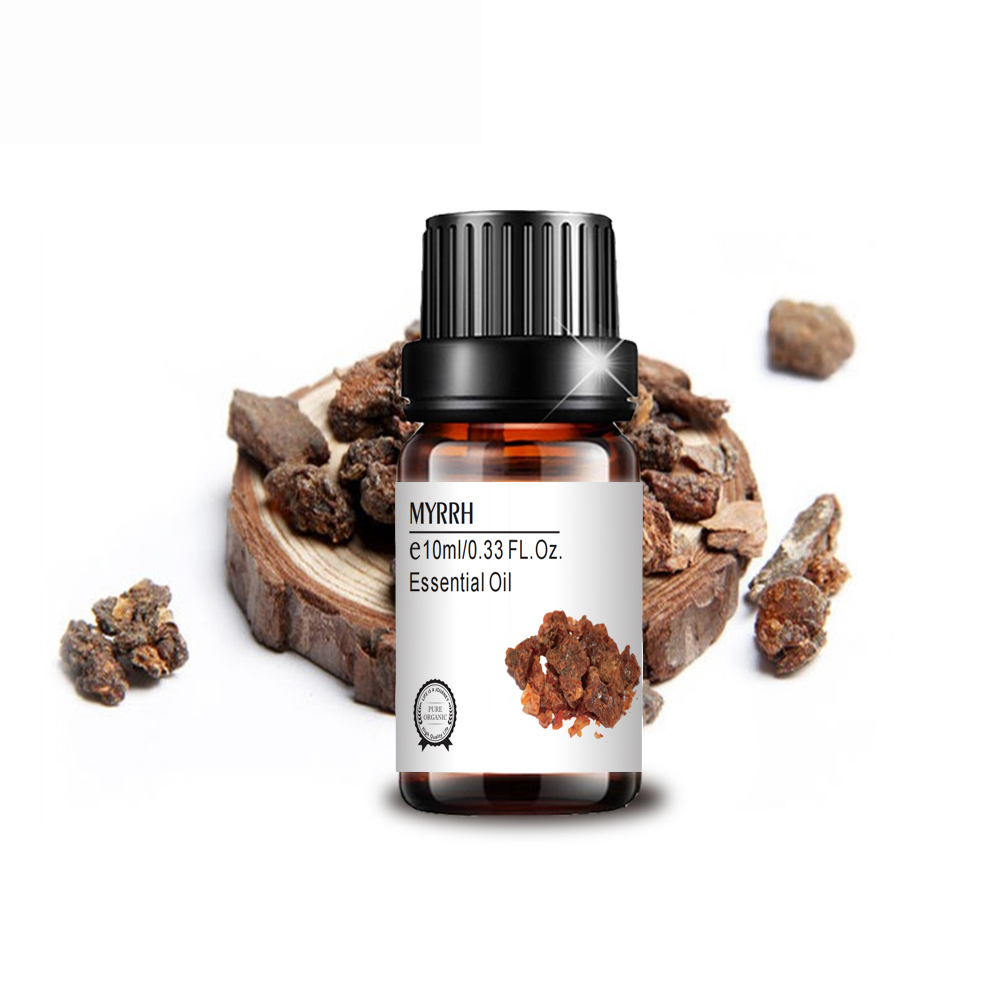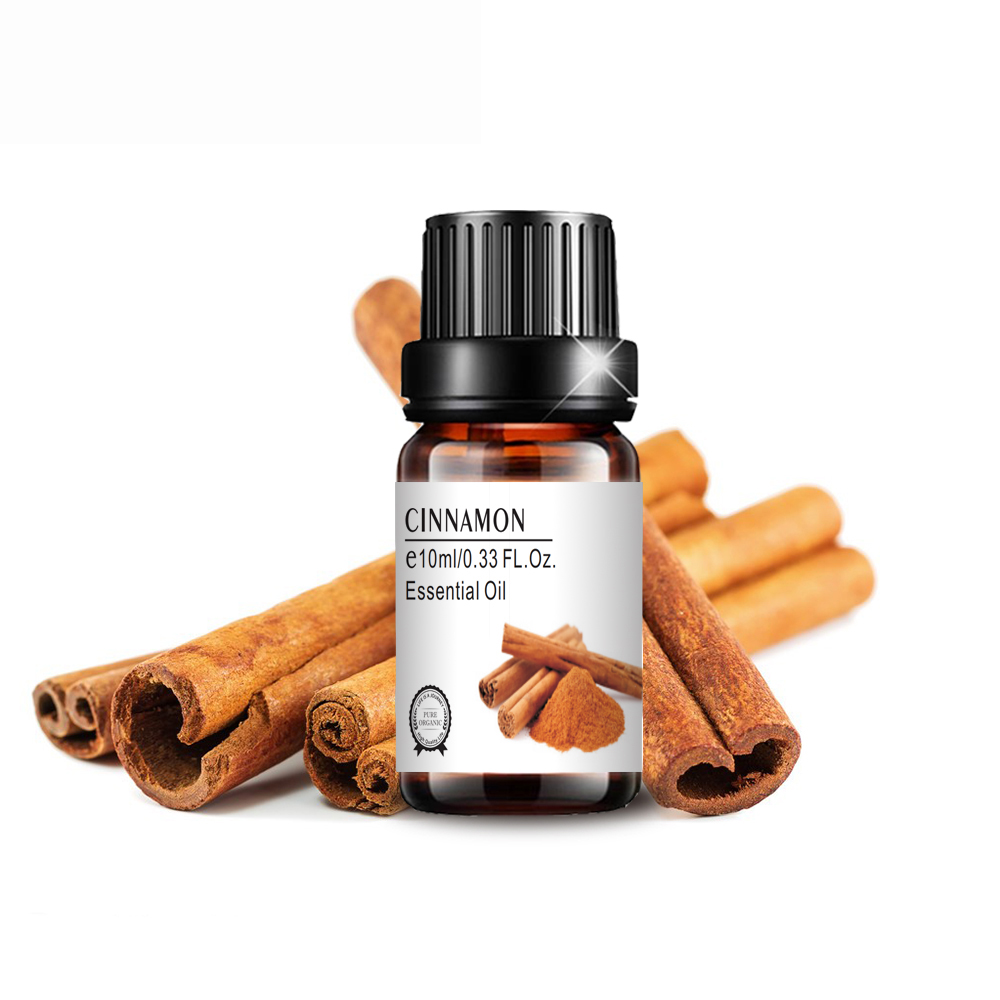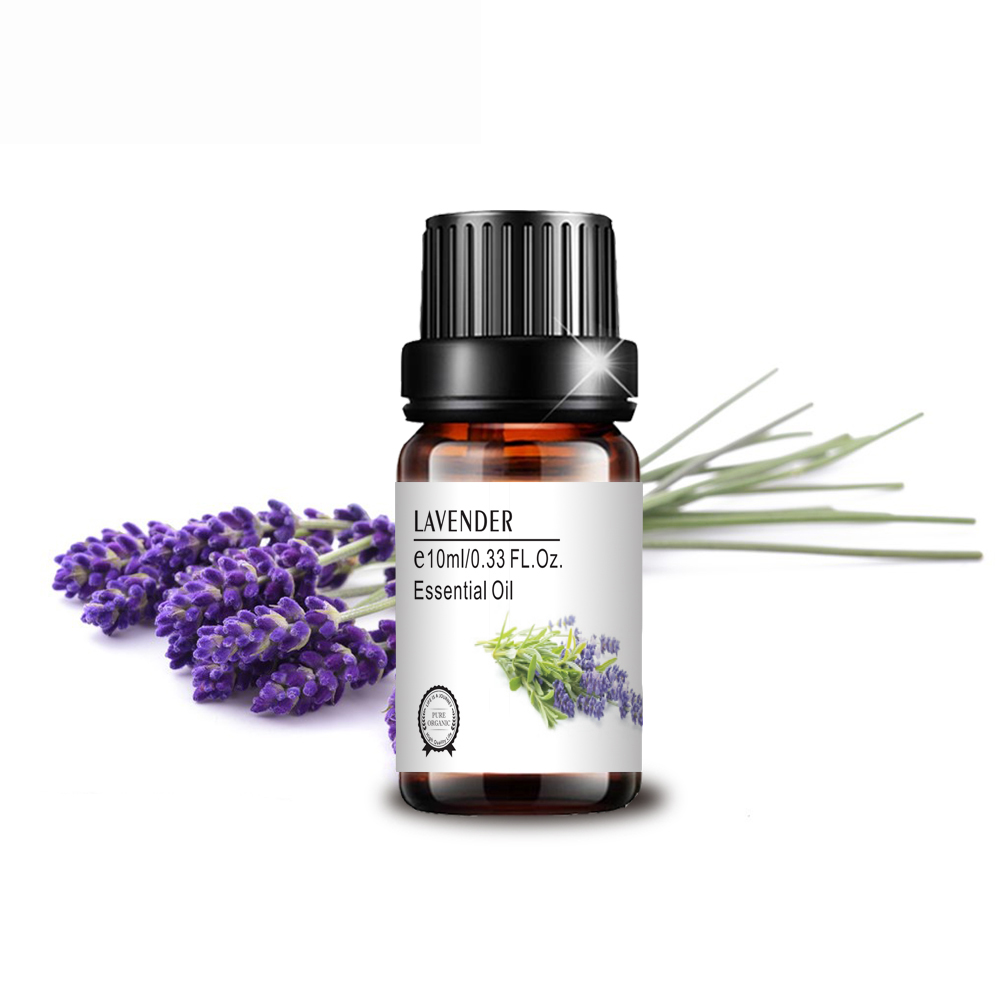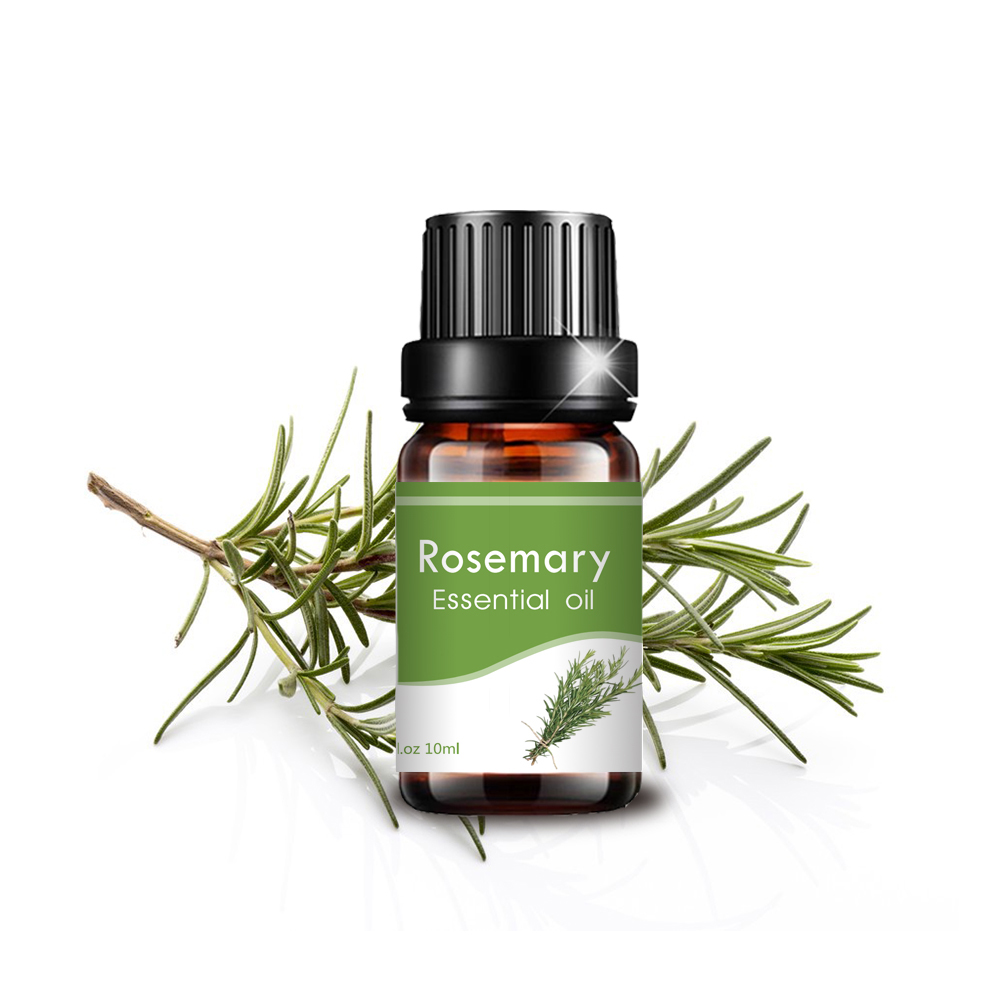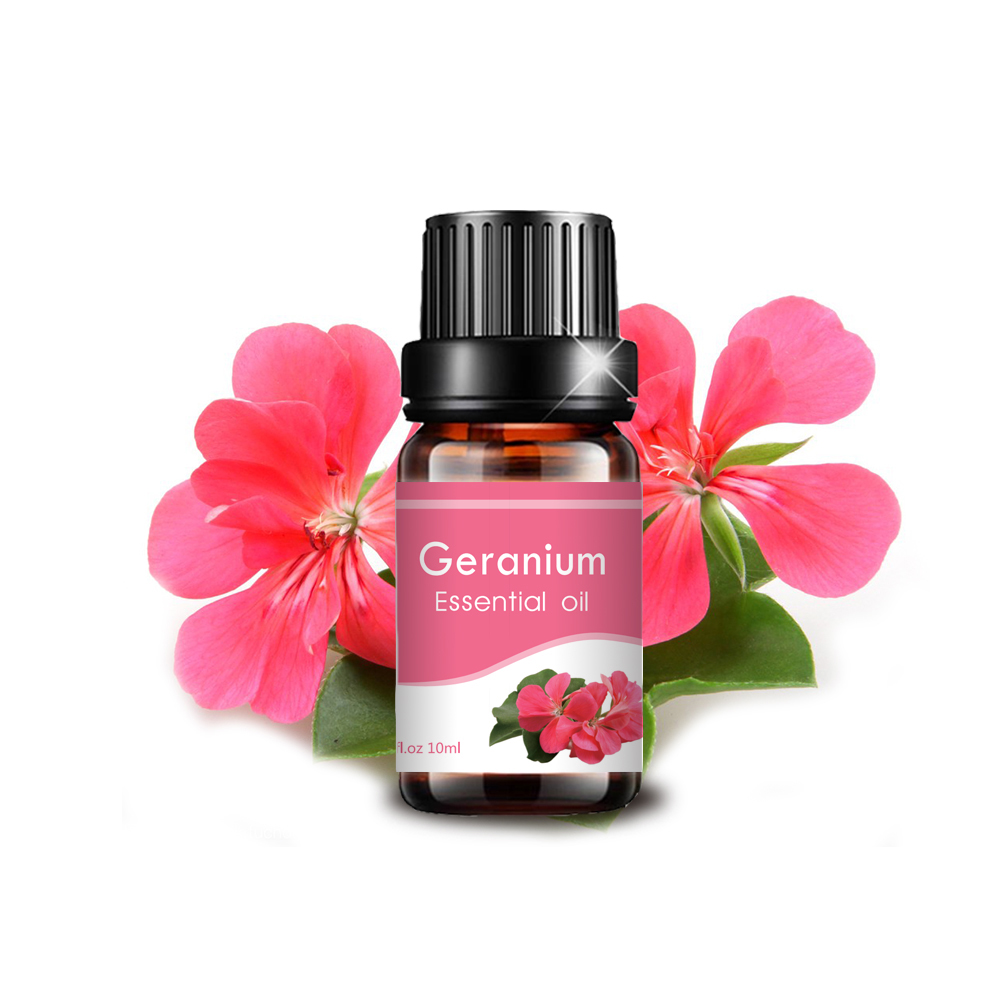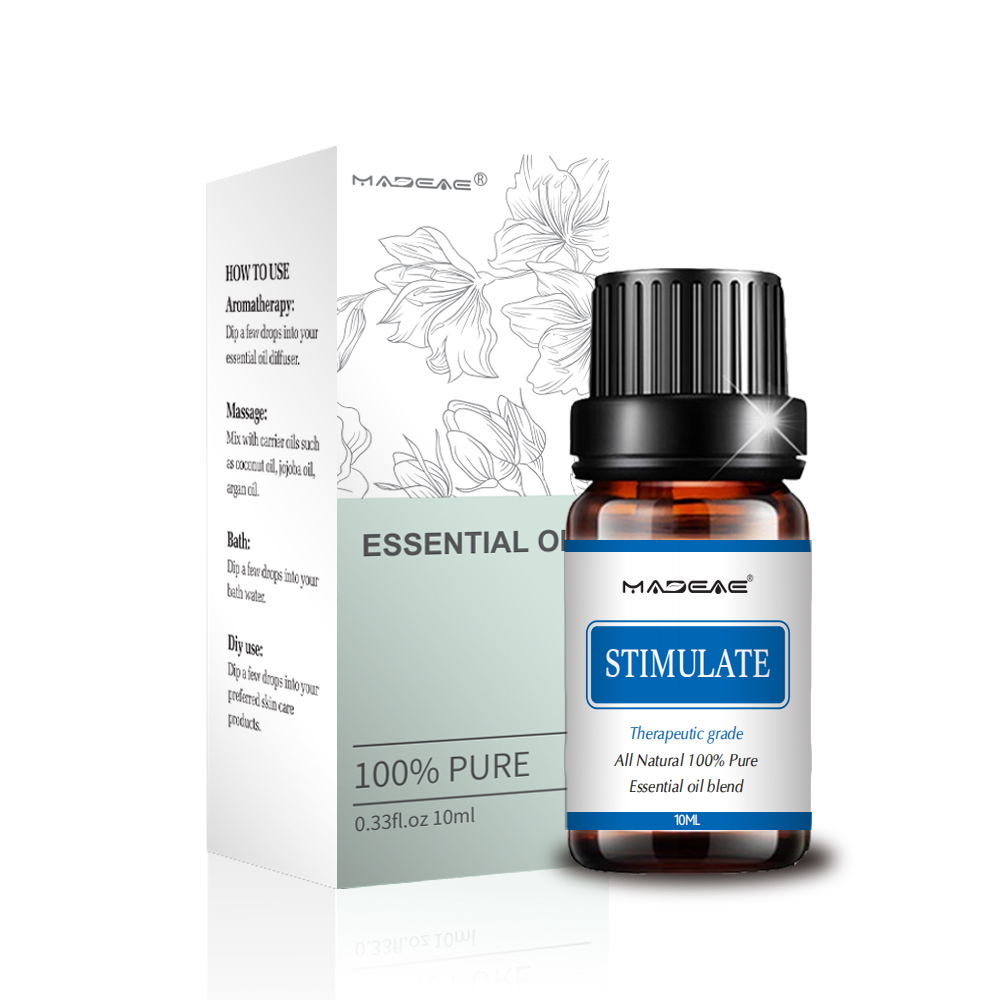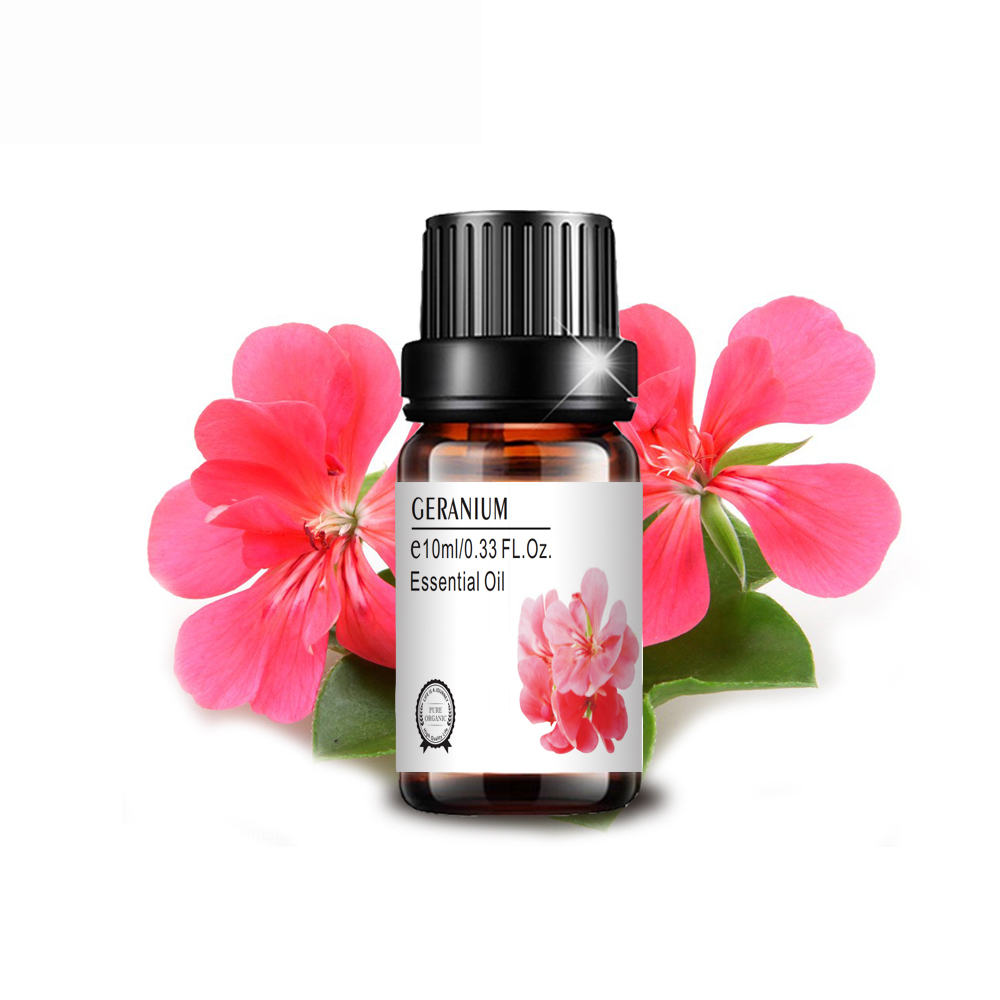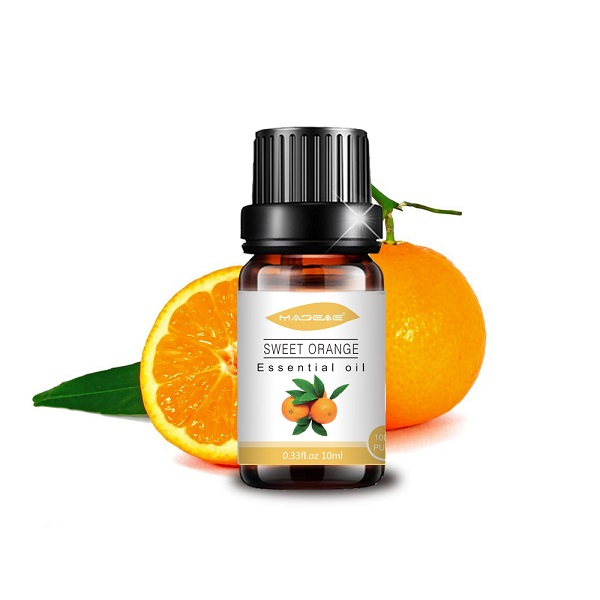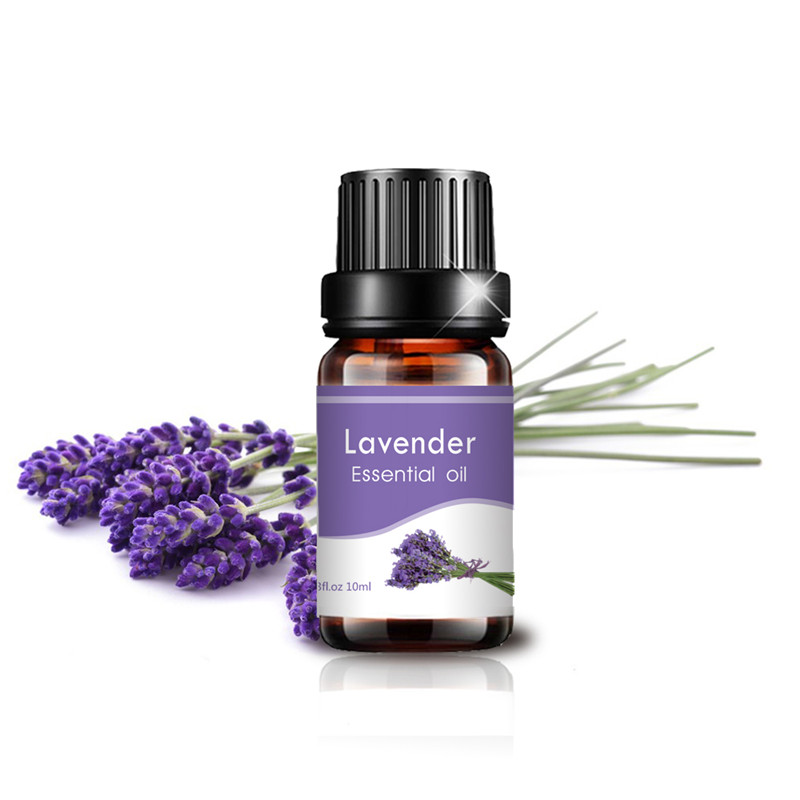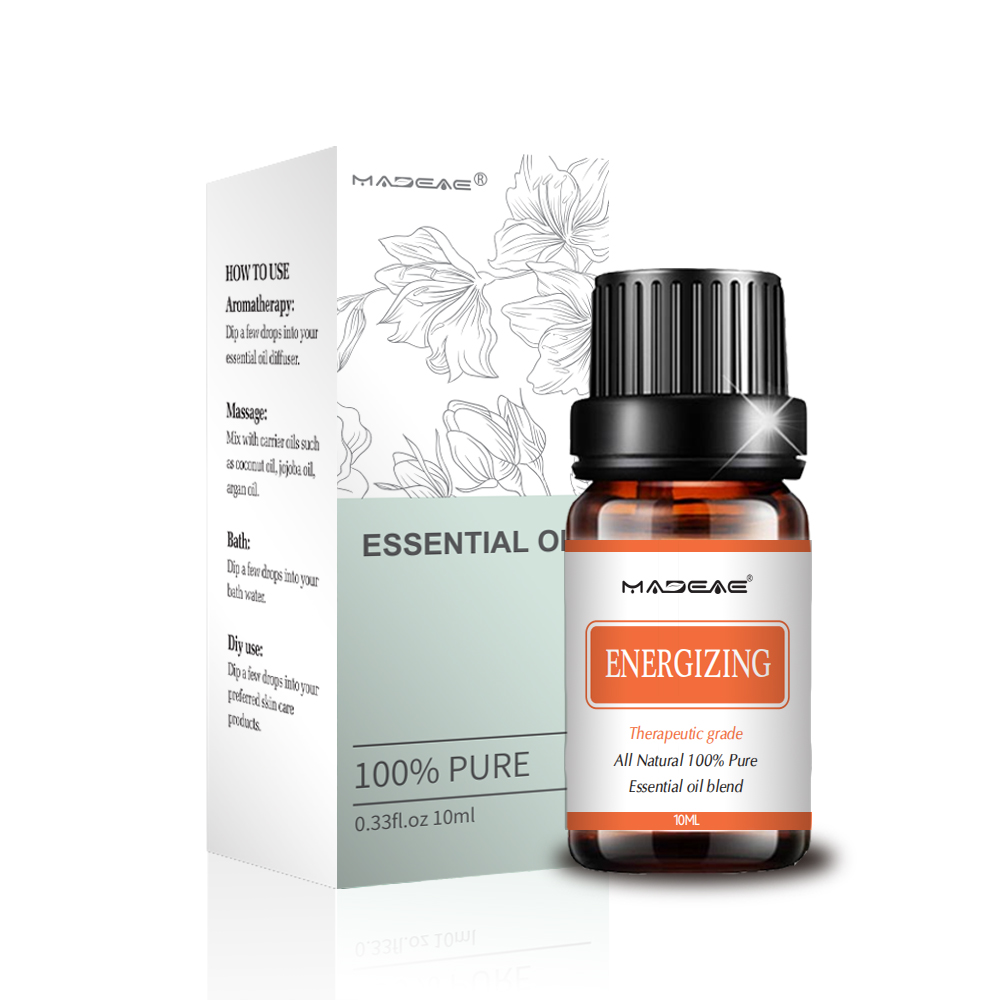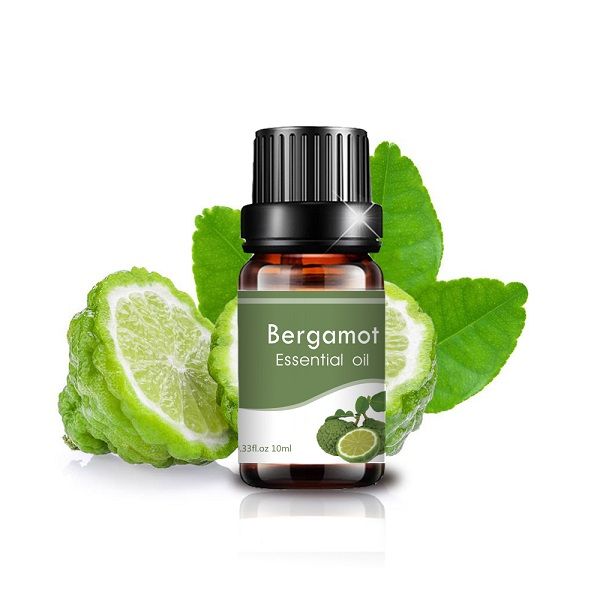short description:
What Is Myrrh?
Myrrh is a resin, or sap-like substance, that comes from a tree called Commiphora myrrha, common in Africa and the Middle East. Myrrh is botanically related to frankincense, and is one of the most widely used essential oils in the world.
The myrrh tree is distinctive due to its white flowers and knotted trunk. At times, the tree has very few leaves due to the dry desert conditions where it grows. It can sometimes take on an odd and twisted shape due to the harsh weather and wind.
In order to harvest myrrh, the tree trunks must be cut into to release the resin. The resin is allowed to dry and begins to look like tears all along the tree trunk. The resin is then collected and the essential oil is made from the sap via steam distillation.
Myrrh oil has a smoky, sweet or sometimes bitter smell. The word myrrh comes from the Arabic word “murr” meaning bitter. The oil is a yellowish, orange color with a viscous consistency. It is commonly used as a base for perfume and other fragrances.
Two primary active compounds are found in myrrh, called terpenoids and sesquiterpenes, both of which have anti-inflammatory and antioxidant effects. Sesquiterpenes specifically also have an effect on our emotional center in the hypothalamus, helping us remain calm and balanced. Both of these compounds are under investigation for their anticancer and antibacterial benefits, as well as other potential therapeutic uses.
Myrrh Oil Benefits
Myrrh oil has many potential benefits, although further research is needed to determine the exact mechanisms of how it works and dosages for therapeutic benefits. Here are some of the main benefits of myrrh oil use:
1. Potent Antioxidant
A 2010 animal-based study in the Journal of Food and Chemical Toxicology found that myrrh could protect against liver damage in rabbits due to its high antioxidant capacity. There may be some potential for uses in humans also.
2. Anti-cancer Benefits
A lab-based study found that myrrh also has potential anticancer benefits. The researchers found that myrrh was able to reduce the proliferation or replication of human cancer cells. They found that myrrh inhibited growth in eight different types of cancer cells, specifically gynecological cancers. Although further research is needed to determine exactly how to use myrrh for cancer treatment, this initial research is promising.
3. Antibacterial and Antifungal Benefits
Historically, myrrh was used to treat wounds and prevent infections. It can still be used in this manner on minor fungal irritations such as athlete’s foot, bad breath, ringworm (all of which can be caused by candida), and acne.
Myrrh oil can help fight certain types of bacteria. For example, it seems in lab studies to be potent against S. aureus infections (staph). The antibacterial properties of myrrh oil seem to be amplified when it’s used along with frankincense oil, another popular biblical oil.
Apply a few drops to a clean towel first before applying it directly to the skin.
4. Anti-Parasitic
A medication has been developed using myrrh as a treatment for fascioliasis, a parasitic worm infection that has been infecting humans worldwide. This parasite is generally transmitted by ingesting aquatic algae and other plants. A medication made with myrrh was able to decrease symptoms of the infection, as well as a drop in parasite egg count found in the feces.
5. Skin Health
Myrrh can help maintain healthy skin by soothing chapped or cracked patches. It is commonly added to skin care products to help with moisturizing and also for fragrance. Ancient Egyptians used it to prevent aging and maintain healthy skin.
A research study in 2010 discovered that topical application of myrrh oil helped elevate white blood cells around skin wounds, leading to faster healing.
6. Relaxation
Myrrh is commonly used in aromatherapy for massages. It can also be added to a warm bath or applied directly to the skin.
FOB Price: US $0.5 - 9,999 / Piece
Min.Order Quantity: 100 Piece/Pieces
Supply Ability: 10000 Piece/Pieces per Month
